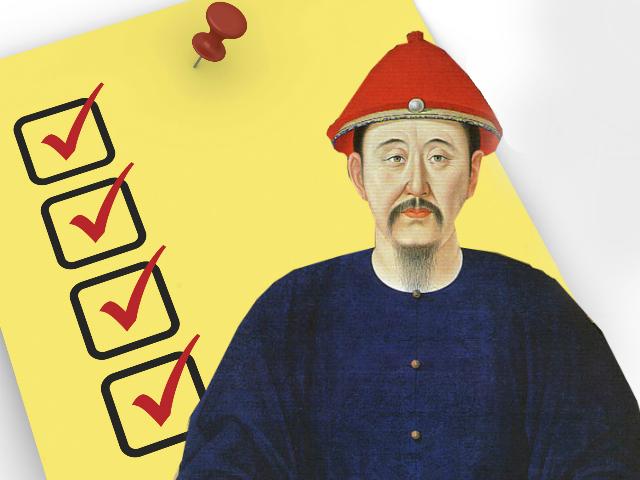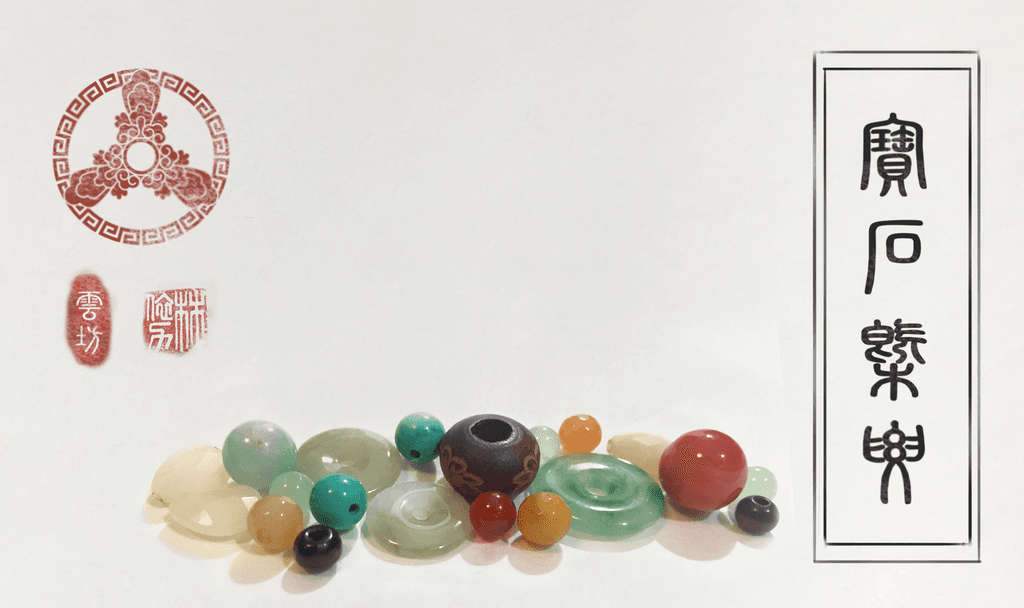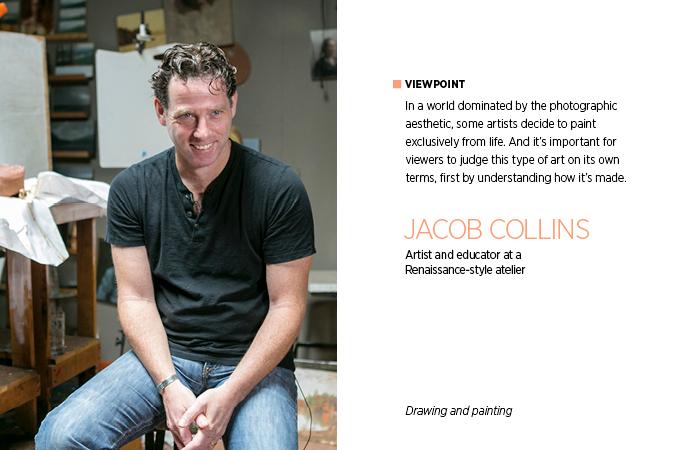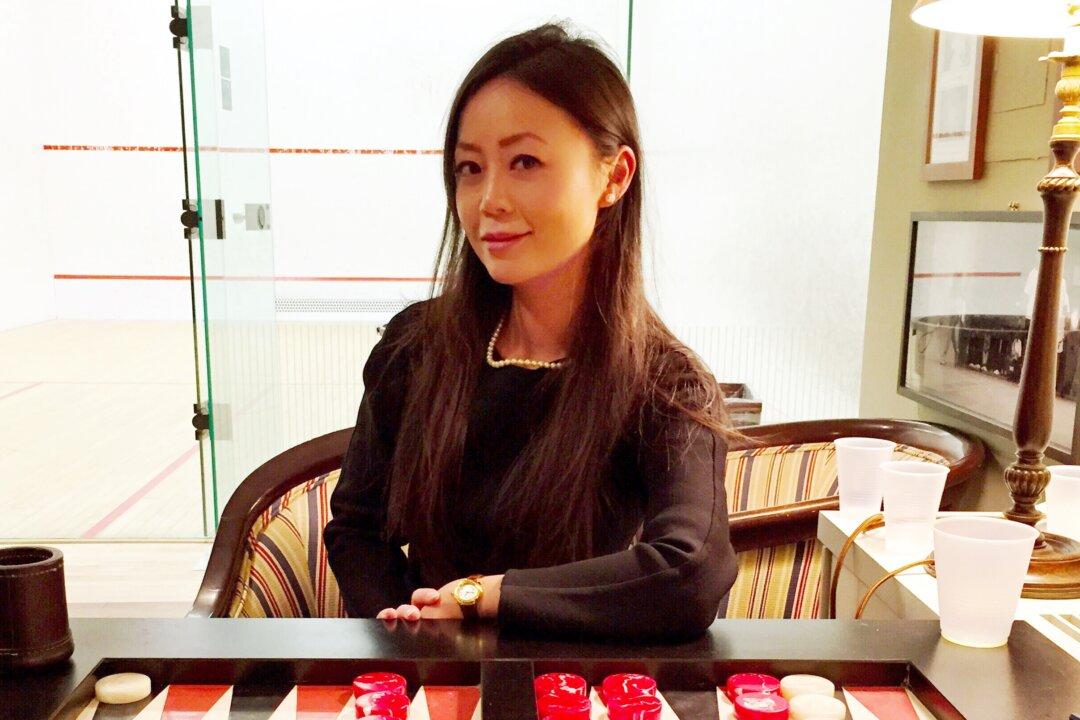If you’ve read our article “A Day in the Life of a Chinese Emperor,” it may have struck you just how little actual work Emperor Kangxi of the Qing Dynasty did on a daily basis in order to be effective.
Of his day, meetings made up only 1.5 hours. All other business was done over breakfast and lunch. The rest of the time was spent in his library reading, being entertained by song and dance, or in religious reflection. And yet he managed to expand and protect Chinese territories, foster trade with the West, compile a compendium of Tang Dynasty poetry, and catalog every word in the Chinese language.
Of course, he had a whole army of personal assistants, but judging by the research, Emperor Kangxi apparently knew something about how to make the most of his time and energy. Below are some tips to help you grow your empire without burning out.
Know Your Best Hours
Kangxi began and ended his day in meditation and worship—two hours upon waking, four before bed. In addition to helping the emperor get clearheaded and focused on his priorities, these hours acted as warm-up and wind-down sessions. As commuters know, hitting the ground running as soon as you wake up is not the best start to any day.
Productivity experts today caution against starting off the workday by checking emails because it allows others’ myriad demands dictate your activities. Meanwhile, you'll have wasted your brain’s freshest hours on catching up, rather than on something proactive.
Instead, they recommend doing what Kangxi did: Start each day by planning out what you intend to accomplish. His first order of business was to review briefs bringing news from across the empire that helped him decide which officials he'd have to meet with at 9:30 a.m.—a prime hour for creative thinking and decision making.





